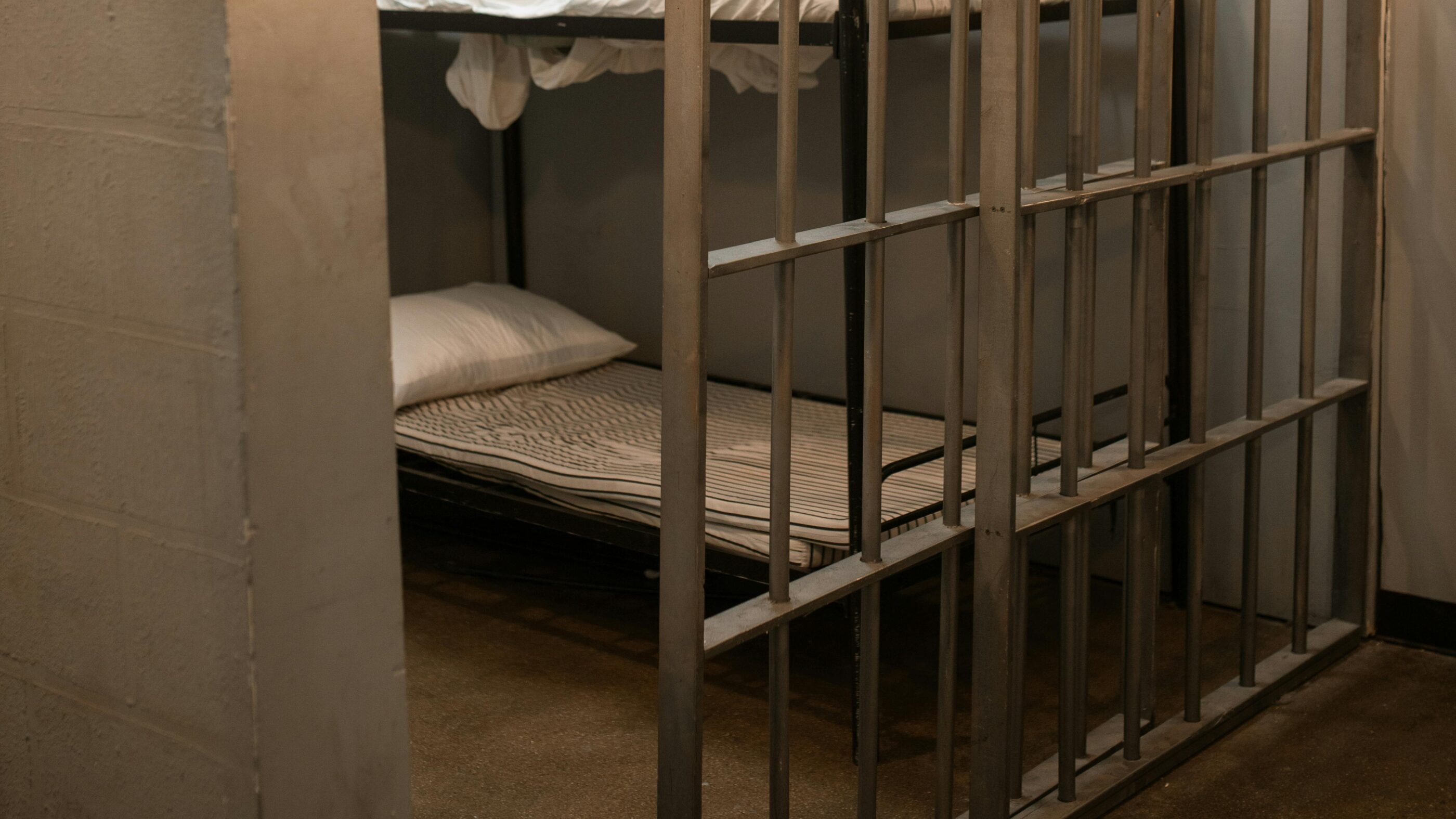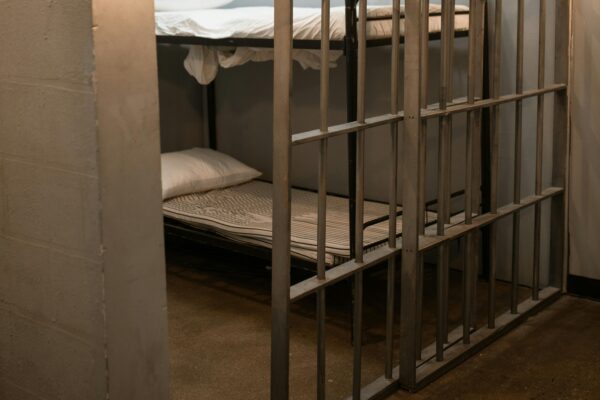By April Corbin Girnus, Nevada CurrentThis piece was originally published by the Nevada Current.
By April Corbin Girnus, Nevada Current
This piece was originally published by the Nevada Current.
The ACLU of Nevada is prepared to file lawsuits against numerous county and municipal jails for failing to comply with a voting access law that went into effect at the beginning of this year.
ACLU of Nevada Executive Director Athar Haseebullah told state lawmakers on the Interim Committee on Legislative Operations & Elections that lawsuits will be filed on April 15 against any detention center believed to be out of compliance with the new state law, which requires all county and city jails to have policies and procedures in place that allow detained people to vote in elections.
The mid-April deadline is designed to ensure that the issues be addressed in advance of the June primary elections.
“We don’t have much wiggle room,” said Haseebullah.
“We had an election that has already happened,” added Sadmira Ramic, a voting rights attorney with ACLU of Nevada, referring to the state-run presidential preference primary held in early February. “Disenfranchisement has already occurred.”
Haseebullah and Ramic did not publicly identify all of the facilities they believe are out of compliance with the in-jail voting law, but they noted that 5 of 12 facilities they formally requested information from had no policies on voting or were “not responsive.”
Mineral County was identified as a county that responded to the ACLU’s requests by stating only they were “monitoring” the new law.
According to the ACLU, 6 out of 12 facilities they contacted did not provide information or have policies on same-day voter registration, and seven did not have information about in-jail voting prominently posted. Both are specific requirements of the in-jail voting law, 2023’s Assembly Bill 286, which passed with wide bipartisan support. The ACLU also found instances of jails sharing outdated information about the voting rights of felons.
Haseebullah said the ACLU’s hope is that detention centers will become compliant with the law and that litigation can be avoided altogether.
“We’re not here to yell or threaten counties or cities,” he said. “We’re trying to ensure compliance with the law, and we’re in a finite time period.”
State Sen. Skip Daly (D-Sparks) called the timeline set by the ACLU “more than generous.”
He added, “I am concerned that some of it is just political and people just want to thumb their nose at the state.”
Detention centers provide details
Prior to the ACLU’s presentation, several law enforcement agencies provided lawmakers with an update on how their in-jail voting worked for the presidential preference primary.
Churchill County Sheriff Richard Hickox told the committee that 43 inmates were in their detention facility on the election day, and that one of them participated.
That individual was not previously registered to vote, he added.
According to the Washoe County Sheriff’s Office, 69 inmates requested to vote. The majority, 43 people, could not be confirmed as Nevada residents and therefore did not vote. But 26 did. Only eight had been registered voters before.
In Southern Nevada, 23 people detained at Clark County Detention Center participated in the presidential preference primary, according to Nita Schmidt from the Las Vegas Metropolitan Police Department. Specific details, such as their voting registration status prior to being detained, were not immediately available.
Assemblywoman Brittney Miller (D-Las Vegas), who sponsored the in-jail voting bill, seemed encouraged by the numbers, saying it was “a solid number” of voters considering that the presidential preference primary was a new concept to Nevada.
Schmidt told lawmakers Metro is working with Southern Nevada’s other, smaller detention facilities (which include city jails for Las Vegas, Henderson and North Las Vegas) to set up a system where inmates at those smaller facilities can be transported to CCDC to vote in person at their polling place.




